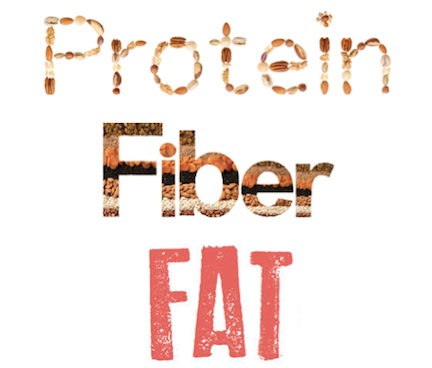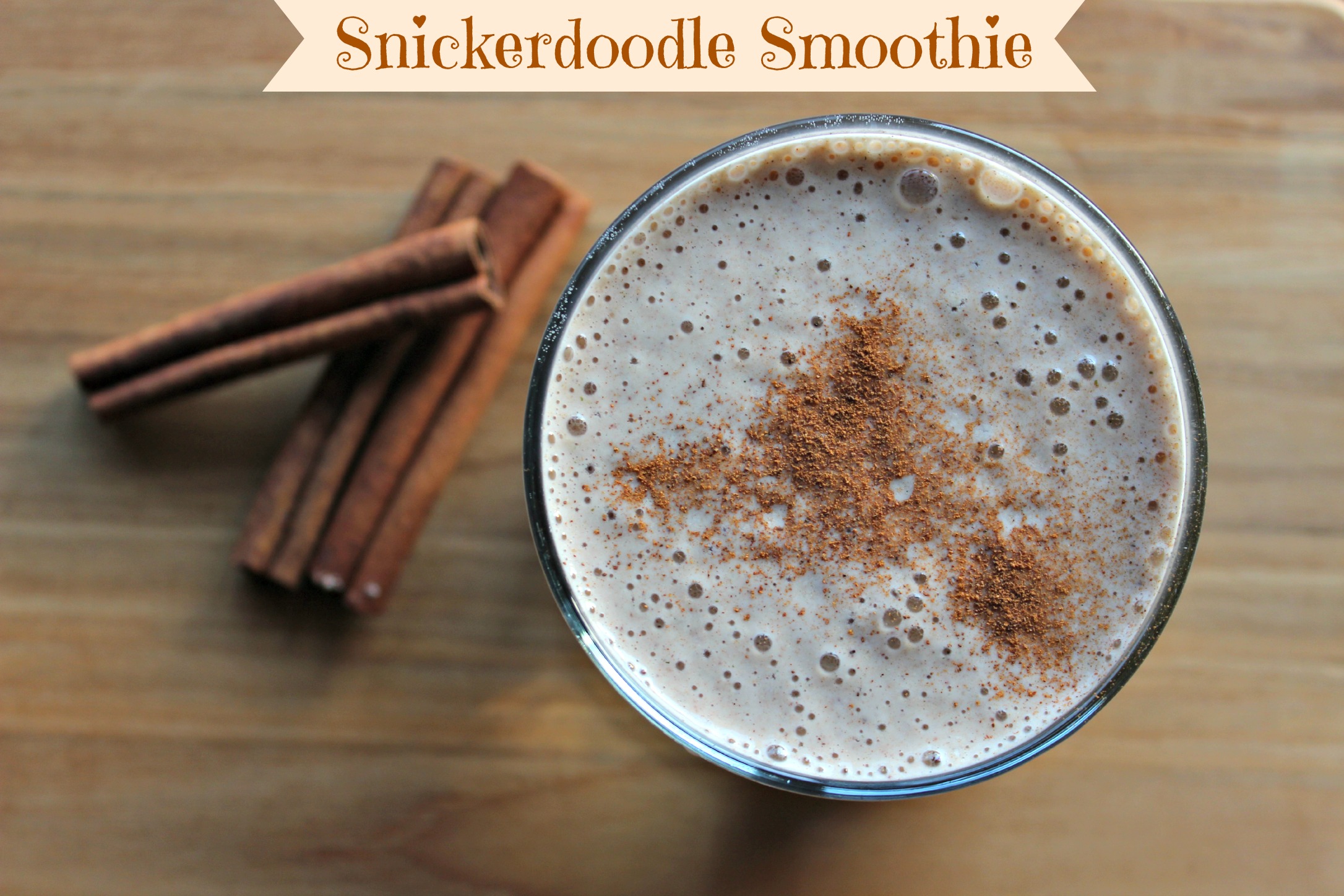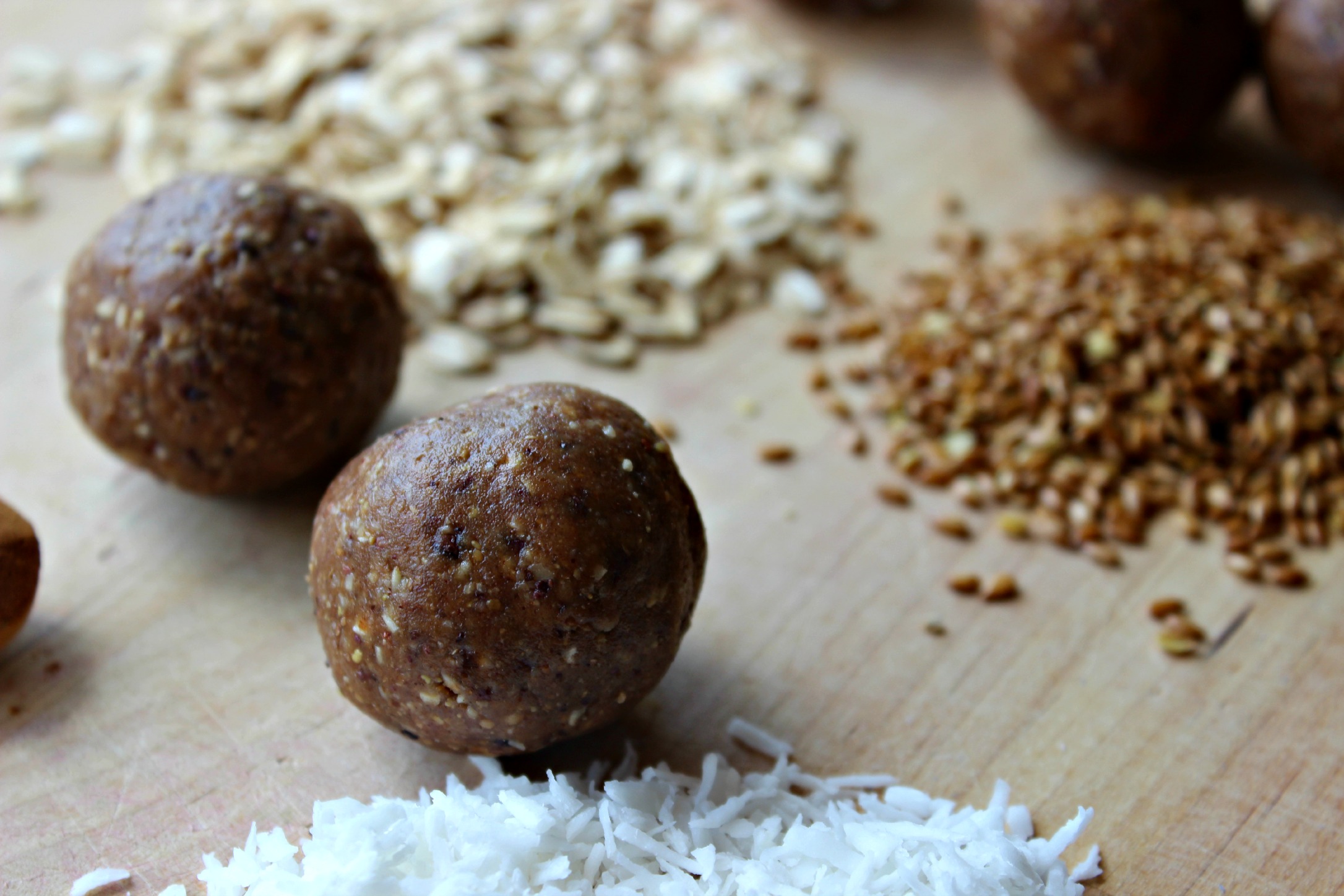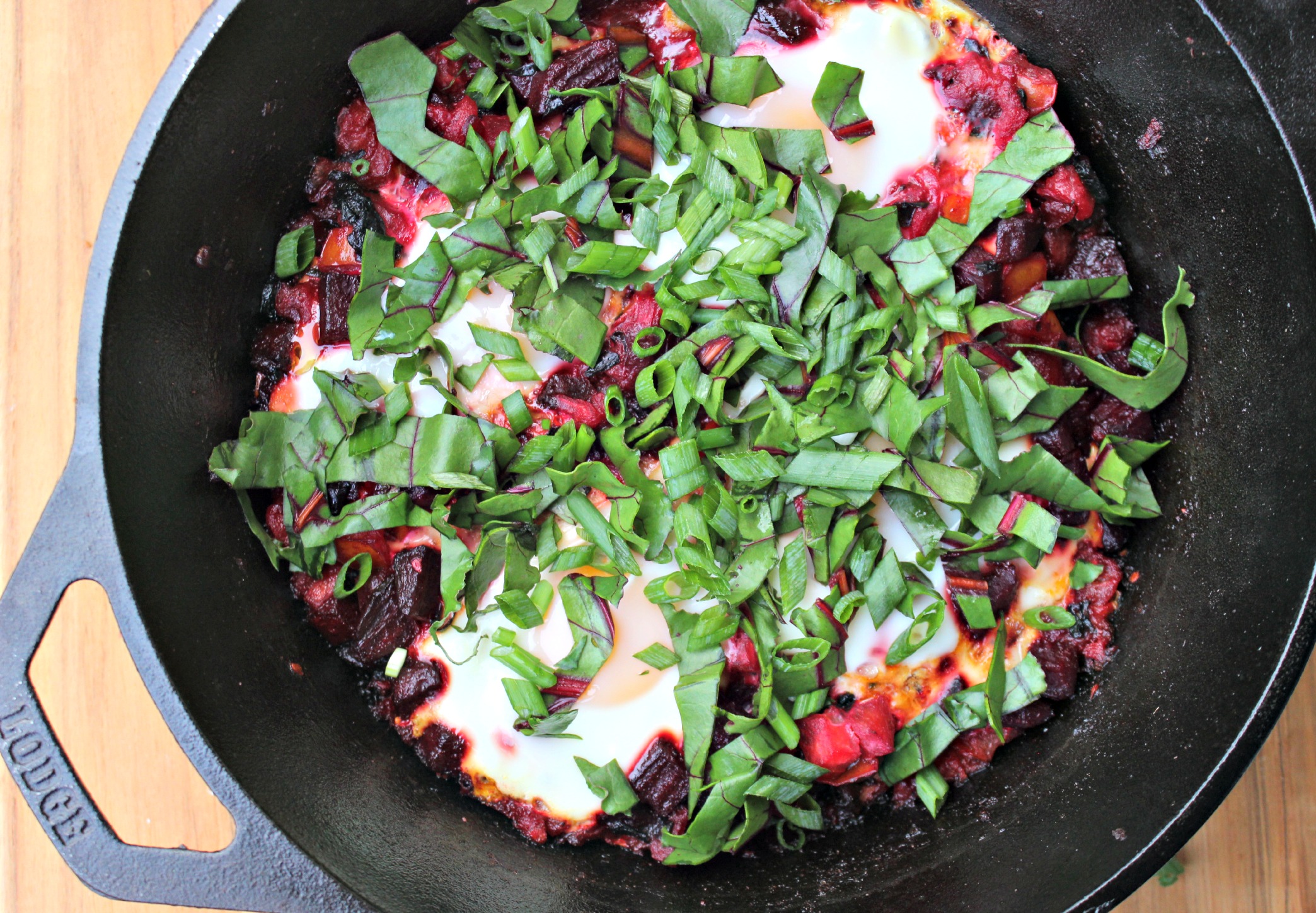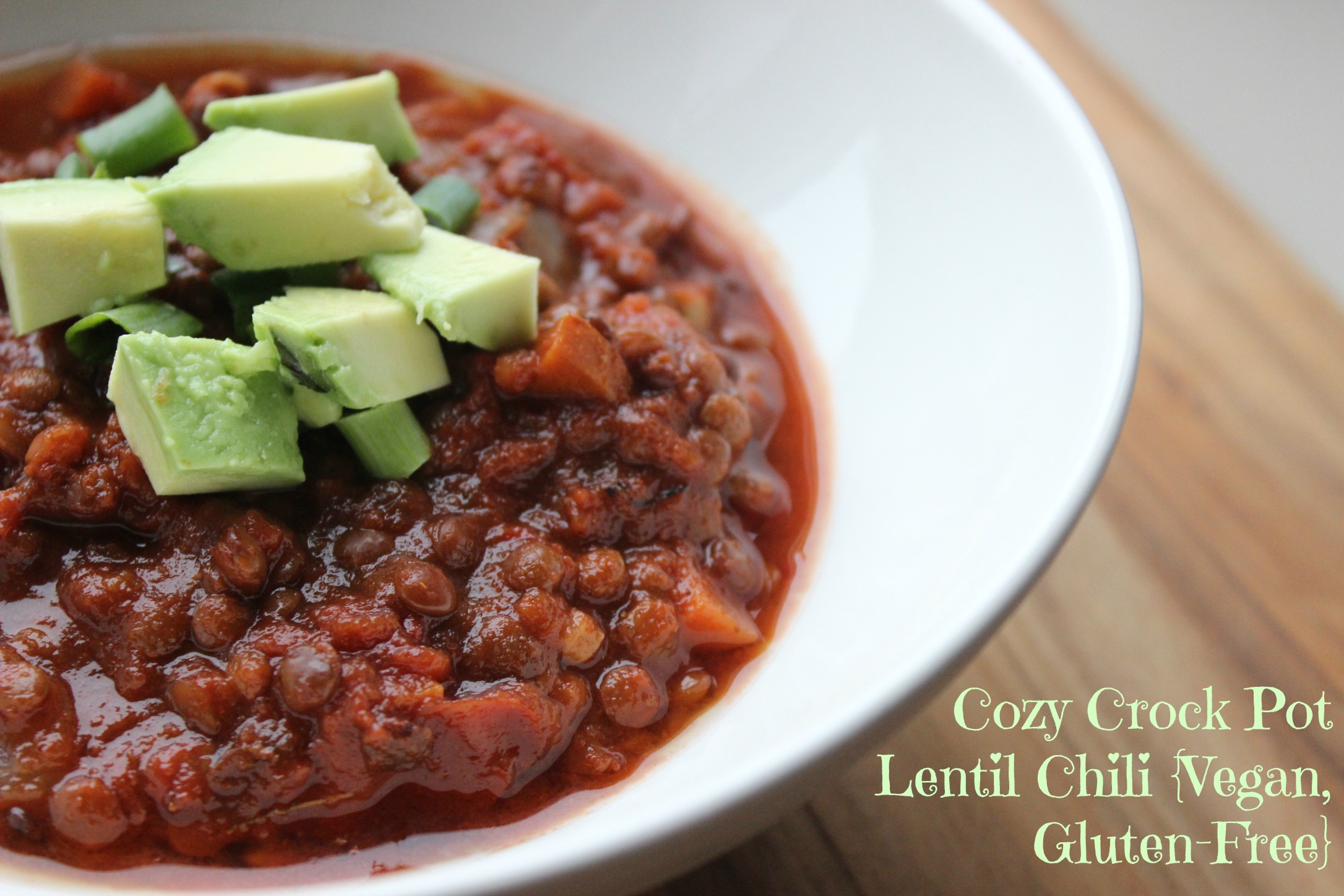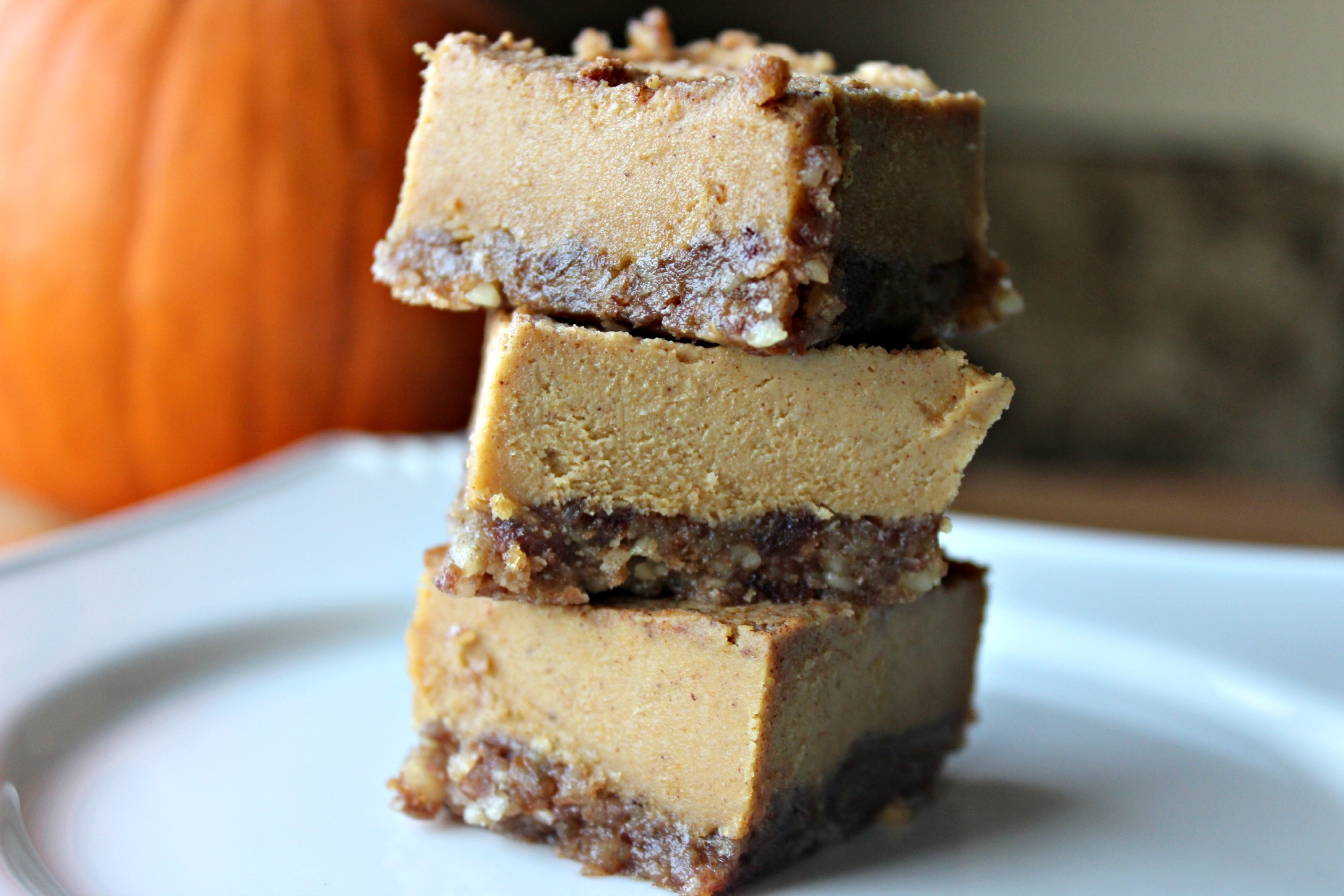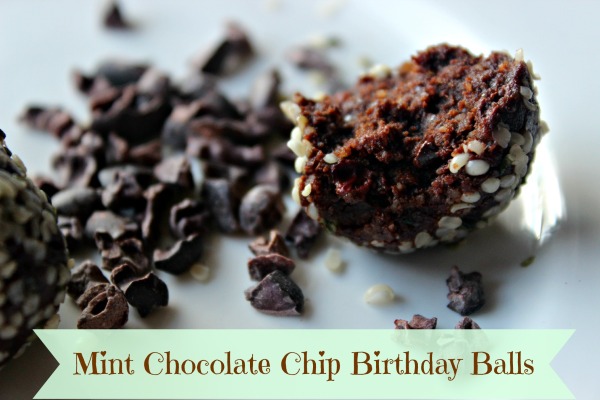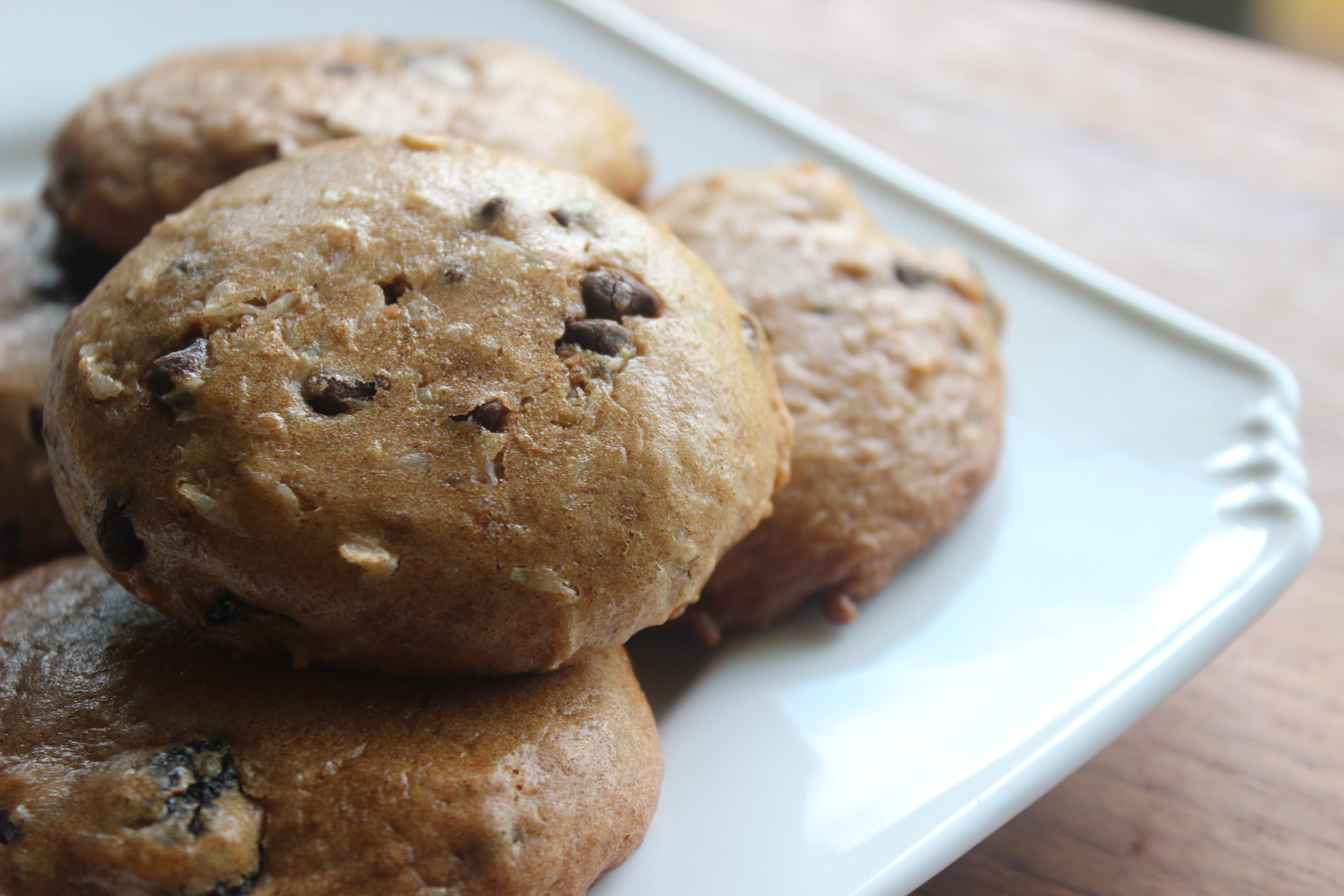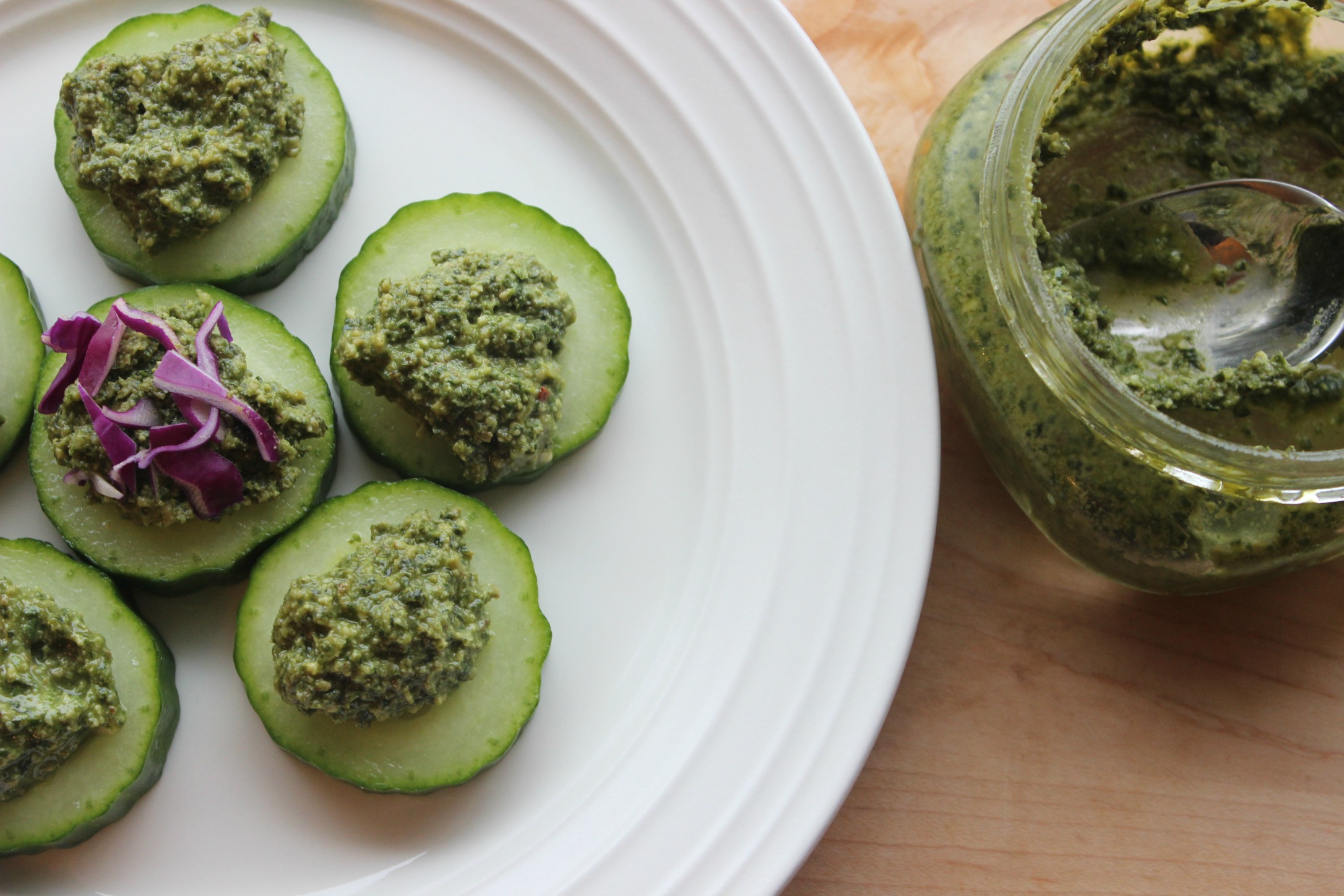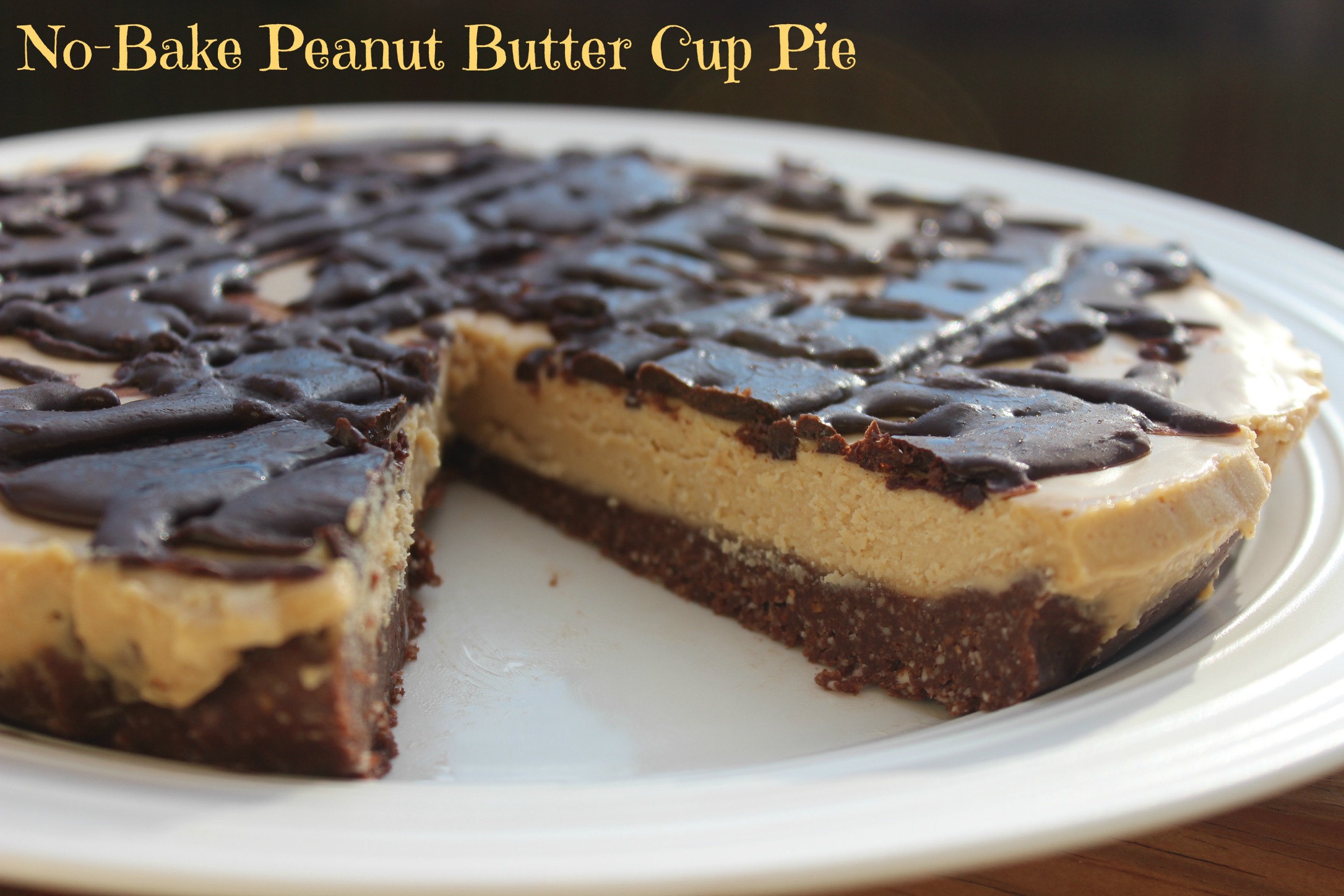I’ve had the privilege of teaching a two-part series about Eating Empowerment and creating a judgment-free, joyful relationship with food at the Institute for Integrative Health in Baltimore.
In the first session, we talked about reframing eating. We started with this funny video clip from one of my favorite comedians, Jim Gaffigan. He’s spot on and had everyone laughing!
We spent the rest of our time connecting with why we eat, how it makes us feel, and the impact it has beyond our plate. We talked about and experienced the power of slowing down enough to be aware of how we eat, so we can be more present and take time to truly taste and savor our food. We want to move away from guilt, shame, and judgment and toward freedom, joy, and enjoyment. I’ll be writing future blog posts to recap our discussion on each of those areas in more detail, so if you missed the workshop, stay tuned!
In the second workshop of the series, Dr. Chris D’Adamo and I highlighted the best ways to nourish ourselves, to eat in a way that makes us feel empowered instead of overwhelmed and powerless.
If you want to start feeling better, think more clearly, boost your mood, reduce anxiety, and get sick less often, then you’ll want to upgrade your eating by adding in more of these foods. You could use a Mood Supplement to try and improve your mood. However keep reading to see the benefits to your mood that can be found in different food items.

#1: Probiotic-Rich Foods
Since two of the most important mood-boosting neurotransmitters – serotonin and dopamine – are produced with the help of our digestive system (the “gut”), it’s important that we give our body what it needs to make that happen.
 Think of serotonin as the neurotransmitter that helps us maintain mood balance, reduce anxiety and keep calm. Patients with depression often take medication that affects their serotonin levels. These types of medications could include the use of trying alternative products, similar to those that you may find at Blessed CBD, to help with the reduction of depression and anxiety. Low dopamine production is associated with apathy and a lack of motivation. It’s often called the “motivation molecule” because it provides the drive and focus we need to be productive. It’s also in charge of our brain’s pleasure-reward system. We want to help our body produce enough serotonin and dopamine to help us feel calm, focused, and happy.
Think of serotonin as the neurotransmitter that helps us maintain mood balance, reduce anxiety and keep calm. Patients with depression often take medication that affects their serotonin levels. These types of medications could include the use of trying alternative products, similar to those that you may find at Blessed CBD, to help with the reduction of depression and anxiety. Low dopamine production is associated with apathy and a lack of motivation. It’s often called the “motivation molecule” because it provides the drive and focus we need to be productive. It’s also in charge of our brain’s pleasure-reward system. We want to help our body produce enough serotonin and dopamine to help us feel calm, focused, and happy.
What we eat and drink can affect our serotonin and dopamine levels. Specifically, consuming probiotic-rich foods is one way to promote digestive health the production of these mood-balancing neurotransmitters. Many of us, including me, have taken lots of antibiotics, which wipe out all of the bacteria in our gut, so it’s important that we replenish the good guys and keep the bad guys in balance. Think probiotic = pro-life; antibiotic = against life. There are many supplements that are probiotics too. Dopify by Vitamonk is a prime example of this and will make you feel much more positive about the day ahead.
So, what are some food-based sources of probiotics?
Sauerkraut, miso, plain and fermented yogurt from grass-fed cows (if you can tolerate some dairy), tempeh (recipes here!), pickles, kimchi, and kefir, just to name a few.
Some of my favorite kinds of fermented foods are:
- Hex Ferments sauerkraut, kimchi, and kombucha (Baltimore-based. You can find them at Whole Foods, MOMs, Graul’s, and Eddies as well as at the farmer’s markets)
- Bubbies pickles and sauerkraut (Click here for where to buy near you)
- Tempeh (This is the brand we like)
#2: Focus on Folate-Rich, Antioxidant-Rich Foods
Folate is a naturally occurring B vitamin that is found in plant foods, including lentils, chickpeas, spinach, asparagus, pinto beans, beets, romaine lettuce, bok choy, cauliflower, broccoli, and broccoli. It comes from a Latin word that refers to foliage or leaves, so that should help you remember where to find it 🙂 Folate is important for a number of reasons, but one of its most important roles related to mood is helping our body convert amino acids (the building blocks of protein) into neurotransmitters like serotonin and dopamine. Neurotransmitters are the brain chemicals that communicate information throughout our brain and body. They send signals between nerve cells (AKA neurons).
Folate is important for a number of reasons, but one of its most important roles related to mood is helping our body convert amino acids (the building blocks of protein) into neurotransmitters like serotonin and dopamine. Neurotransmitters are the brain chemicals that communicate information throughout our brain and body. They send signals between nerve cells (AKA neurons).
Not only that, but folate-rich foods also tend to be packed with fiber and antioxidants. Think of antioxidants as the rust-busters – they help protect our body from damage from the inside out and reduce inflammation, which is linked to a wide range of health issues, including mood disorders. Fiber, which is only found in plant foods, protects our heart and it’s safe to say that food that is good for our heart is also good for our brain.
To experience how delicious folate-rich, antioxidant-packed foods can be, we enjoyed my Taste the Rainbow Kale Salad, which is always a hit!
#3: Power Up with Protein
Despite all of the fuss about protein these days, the good news is that very few of us are deficient in it. But that doesn’t mean we’re off the hook. Most of us aren’t consuming high quality versions of protein. Protein and the quality of protein we eat is important because of the role of protein’s building blocks – amino acids – in the production of our neurotransmitters, hormones, enzymes, and tissues.
Protein, specifically animal sources of protein, are packed with B-vitamins, which are crucial for energy and mood balance.
For years, I was not breaking down protein properly because all of the acid blockers I was taking were shutting off my stomach’s production of stomach acid, which helps the body break down proteins into amino acids. My energy was affected and my hormones were out of whack as a result, so I’ve experienced firsthand how important it is to make sure we are taking in quality forms of protein and that our body can break them down.
Protein is found in plants and animals. Here are a few sources of protein to consider: oysters; cold-water fish like wild caught salmon, sardines and mackerel; halibut; lamb; turkey; tuna; grass-fed beef; pastured chicken; cage-free/pastured eggs; beans, lentils, peas; nuts like walnuts, almonds, pecans, etc.; hemp seeds, pumpkin seeds, sunflower seeds; nut butters, peanut butter. You might also be surprised to learn that hemp protein is good for muscle retention and inflammation reduction, so give that a go too! What I mean when I say “quality” is to aim for grass-fed, pastured meats or poultry; wild caught seafood; and cage-free eggs from chickens that were allowed to roam freely on pastures like chickens are supposed to do.
What I mean when I say “quality” is to aim for grass-fed, pastured meats or poultry; wild caught seafood; and cage-free eggs from chickens that were allowed to roam freely on pastures like chickens are supposed to do.
During the session, we munched on one of my favorite protein and fiber-packed snacks – rosemary Chickpeatos! They’re roasted chickpeas tossed with sea salt and rosemary, and I love them as a snack or as a substitute for croutons on a salad. They are SO GOOD!
#4: Feel Good about Fat
60% of our brain is made up of fat, so we want to make sure we’re nourishing ourselves with high quality fat that our brain and body can use, so we can feel good. When it comes to fat, quality matters, so we want to opt for anti-inflammatory fats found in foods like avocado, walnuts, flax seeds, chia seeds, hemp seeds, almonds, pumpkin seeds, and wild caught salmon.

Deficiencies in omega-3 fatty acids has been linked to mood disorders, as clinical, integrative nutritionist Jason Bosley-Smith shared in this blog post. He suggested consuming cold water fatty fish such as salmon, tuna, and sardines, as well as walnuts to up our omega-3 levels.
Another higher fat food that has other mood-boosting benefits (enhancing serotonin and dopamine production) is CHOCOLATE. So, we enjoyed some of my super food trail mix that is full of nuts, seeds, shredded coconut, berries, and cacao nibs!

#5: Herb & Spice It Up!
Herbs are spices are often overlooked as tools in our food. Back in the fall, I had the pleasure of meeting and spending the morning with Rebecca Katz, a culinary nutrition expert and author who is incredibly passionate about using herbs and spices.
Mint is a powerhouse and boosts alertness and memory. Rosemary has been linked with better brain functioning and at keeping depression at bay. It helps us improve concentration and focus. Thyme contains brain-boosting vitamins A and C and contains some iron which is important for brain health as well. Other potent brain-boosting herbs include oregano, basil, and sage.
Spices like turmeric, ginger, cinnamon, clove, cardamom, and cumin also have brain and mood-boosting properties, so we want to include more of them in our diet. When it comes to cooking, Rebecca Katz shares a helpful tip:
And here’s what you need to get about cooking with herbs and spices: Spices go in at the BEGINNING of your cooking and herbs go in at the END.
Another way to add in more herbs and spices is by having tea each day. We shared in some Chamomile Lemon Tea from Numi. Here are a few of my other favorites:
- Traditional Medicinals – Chamomile Lavendar (so calming!)
- Organic India – Lemon Ginger (stress-relieving and reviving) or Masala Chai (energizing)
- Pukka – Three Mint and Three Cinnamon (invigorating)
- Truebroc – Green Tea (calmness, relaxation)
We closed by talking about the importance of having your nutrient levels checked to ensure you’re not deficient in any of these crucial mood-boosting nutrients. I recommend seeing a functional medicine practitioner for further guidance on that topic.
So, there you have it! A look at some of the best mood and brain-boosting foods. You’ll notice that many of the recipes on my blog use a lot of those foods. I want to make it easier for you to eat in the most energizing, nourishing, delicious way possible!
Like this:
Like Loading...

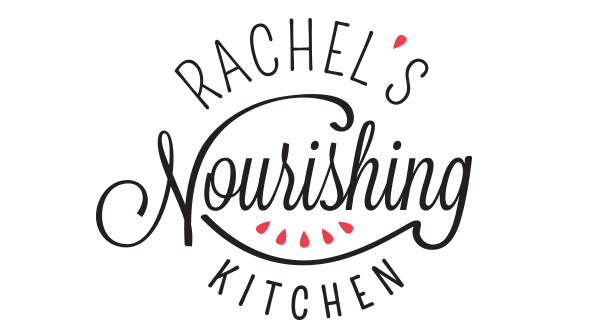





 Think of serotonin as the neurotransmitter that helps us maintain mood balance, reduce anxiety and keep calm. Patients with depression often take medication that affects their serotonin levels. These types of medications could include the use of trying alternative products, similar to those that you may find at
Think of serotonin as the neurotransmitter that helps us maintain mood balance, reduce anxiety and keep calm. Patients with depression often take medication that affects their serotonin levels. These types of medications could include the use of trying alternative products, similar to those that you may find at 


 What I mean when I say “quality” is to aim for grass-fed, pastured meats or poultry; wild caught seafood; and cage-free eggs from chickens that were allowed to roam freely on pastures like chickens are supposed to do.
What I mean when I say “quality” is to aim for grass-fed, pastured meats or poultry; wild caught seafood; and cage-free eggs from chickens that were allowed to roam freely on pastures like chickens are supposed to do.




 It’s creaminess comes from the cashews and tahini, two ingredients I use in a lot of my recipes that you can find at just about any grocery store (find tahini in the natural food aisle or international aisle in the Mediterranean section).
It’s creaminess comes from the cashews and tahini, two ingredients I use in a lot of my recipes that you can find at just about any grocery store (find tahini in the natural food aisle or international aisle in the Mediterranean section).
